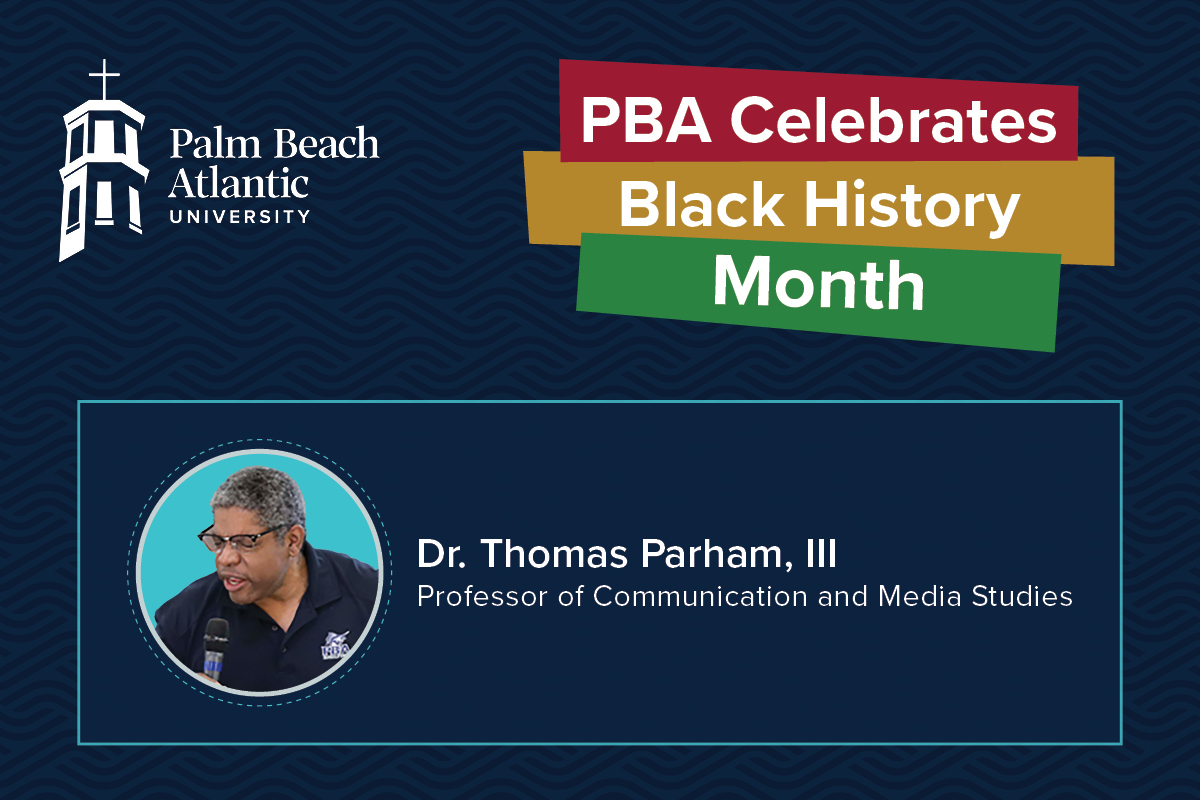At Palm Beach Atlantic University we’re blessed to have faculty with top-notch academic credentials, practical experience and unwavering dedication to Jesus Christ. Dr. James Todd, associate professor of politics, teaches on American government and politics, constitutional law, and political science research methods, among other subjects. He earned his J.D. and Ph.D. from the University of Alabama, and spent 10 years in law practice. James regularly gives public talks about the Constitution and the Supreme Court, and he graciously agreed to write this month’s column in celebration of Independence Day.
Independence Day should stir the hearts of patriotic Americans. It symbolizes some of the most profound things in any human society: self-government, equality, liberty, and sacrifice for country. These things became a vital part of the American story thanks to the events that are commemorated each July 4.
July 4, 1776, is the day on which the members of the Continental Congress signed the Declaration of Independence. Congress had voted to approve the Declaration two days earlier. At the time, John Adams was correct when he predicted that Americans would long celebrate this event — with fireworks and other fanfare. The Americans had taken a momentous step in announcing to the world their independence from Great Britain, and in basing their claim of independence on transcendent moral truths.
The Declaration of Independence is worth re-reading. It proclaims that whenever any people have been subjected to political abuse of the kind administered by Britain to America, the people were morally justified in declaring their right to govern themselves. The Declaration also claims that it is a “self-evident” truth that “all men are created equal, and are endowed by their Creator with certain unalienable rights… .” This is the world’s great recognition that universal human equality should be the basis of all politics. Since rights come from our Creator — God — they extend to all people, not just to a set of privileged humans. This moral commitment to human equality was the first of its kind anywhere in the world. It challenged all past and future instances of legal inequality. There are many things that make human beings different and unique from one another. But there is a common denominator: all people are equal in their God-given rights. All of us share a common right to “life, liberty, and the pursuit of happiness.” But these individual rights are not separate from the God who created all people in His image. And these individual rights must be understood to be higher than government itself, which is created, according to the Declaration, “to secure these rights.”
 We should today stand in awe of the courage on display on July 4, 1776. The signers of the Declaration had pledged their lives and fortunes to the cause of American Independence. It is worth remembering that in July of 1776 the American cause looked like it was certain to be lost. George Washington and the Continental Army had not won a battle. The army was still not trained to fight the king’s professional forces (and the fierce German mercenaries) and it lacked essential supplies. America had no allies. British forces were having their way with America; Philadelphia, the meeting place of Congress, would soon come under attack and be occupied until 1778.
We should today stand in awe of the courage on display on July 4, 1776. The signers of the Declaration had pledged their lives and fortunes to the cause of American Independence. It is worth remembering that in July of 1776 the American cause looked like it was certain to be lost. George Washington and the Continental Army had not won a battle. The army was still not trained to fight the king’s professional forces (and the fierce German mercenaries) and it lacked essential supplies. America had no allies. British forces were having their way with America; Philadelphia, the meeting place of Congress, would soon come under attack and be occupied until 1778.
Americans declared their independence from a position of weakness, not of strength. In fact, the Declaration was a cry for help: an open letter to France and other European nations that we could be recognized as a sovereign nation at war, ready to make an alliance against Britain. The signers of the Declaration must have understood that they had risked a traitor’s death. Without help, American forces almost certainly would be defeated.
At the end of 1776, American battlefield fortunes finally turned. Washington and his army bravely crossed the Delaware River on Christmas night to launch a morning attack on occupied Trenton, New Jersey. American hopes hinged on a victory at this time, as soldier enlistments would expire at the end of 1776. The next year, American forces won a crucial battle at Saratoga, which convinced many that America had a chance to win the war. France joined the American cause in 1778. This is the alliance that saved our revolution. With French naval support, Washington won the decisive battle at Yorktown in 1781. This victory forced an unconditional surrender of the major British force in America. Britain finally gave up its claims to govern Americans in 1783.
A basic summary of the Revolutionary War does not do justice to the sacrifice of those who participated on the American side, from the members of Congress, to Washington himself, and on down to the lowliest soldiers. The soldiers were always short on basic supplies. They were exposed to the elements for extended periods of time. Disease and the pitiful state of battlefield medicine took more American lives than the British redcoats did. American soldiers who ended up as prisoners of war were held in appalling squalor. It is truly a miracle that America won this war after eight years of suffering.
Let us gratefully celebrate our most basic American political ideals and those who bravely fought for them in 1776 and beyond.



